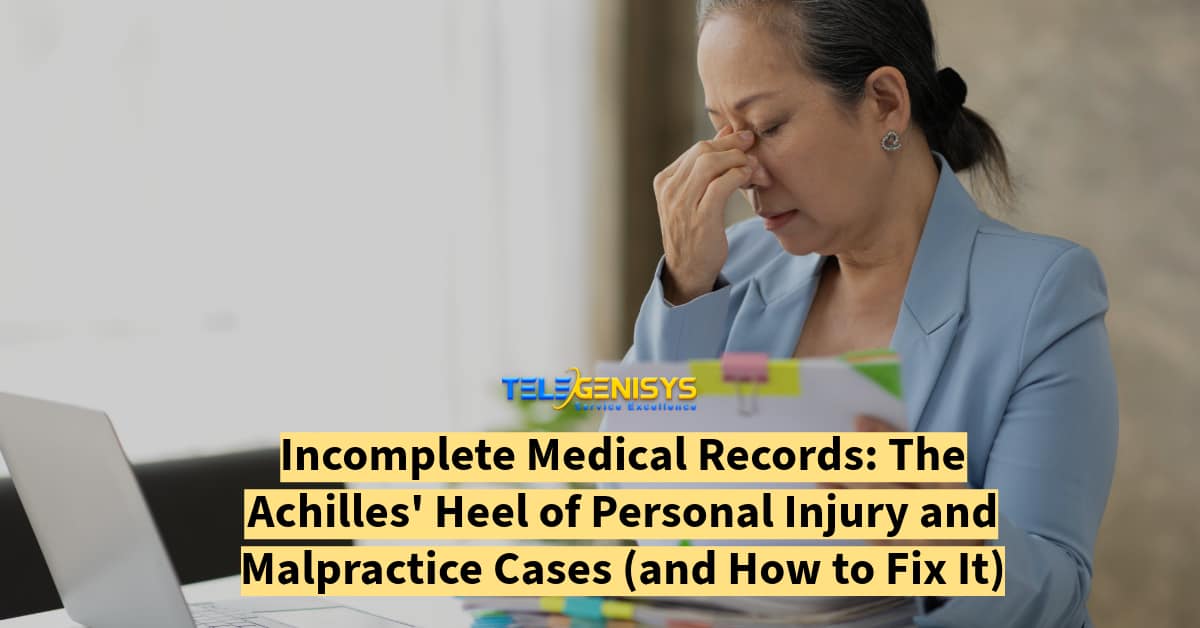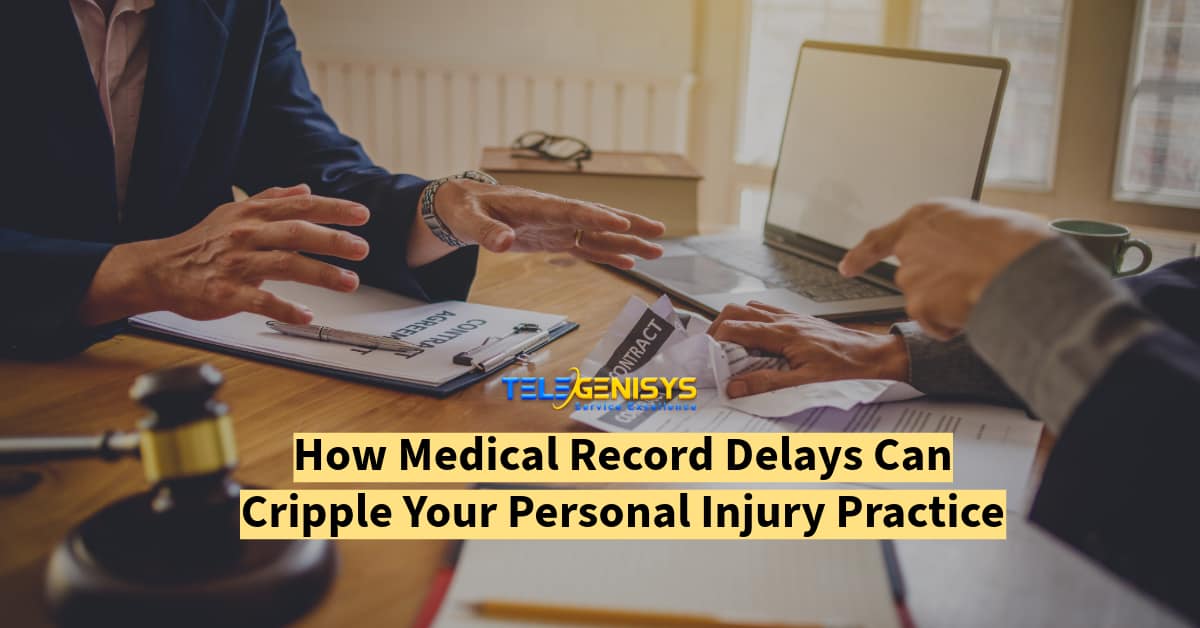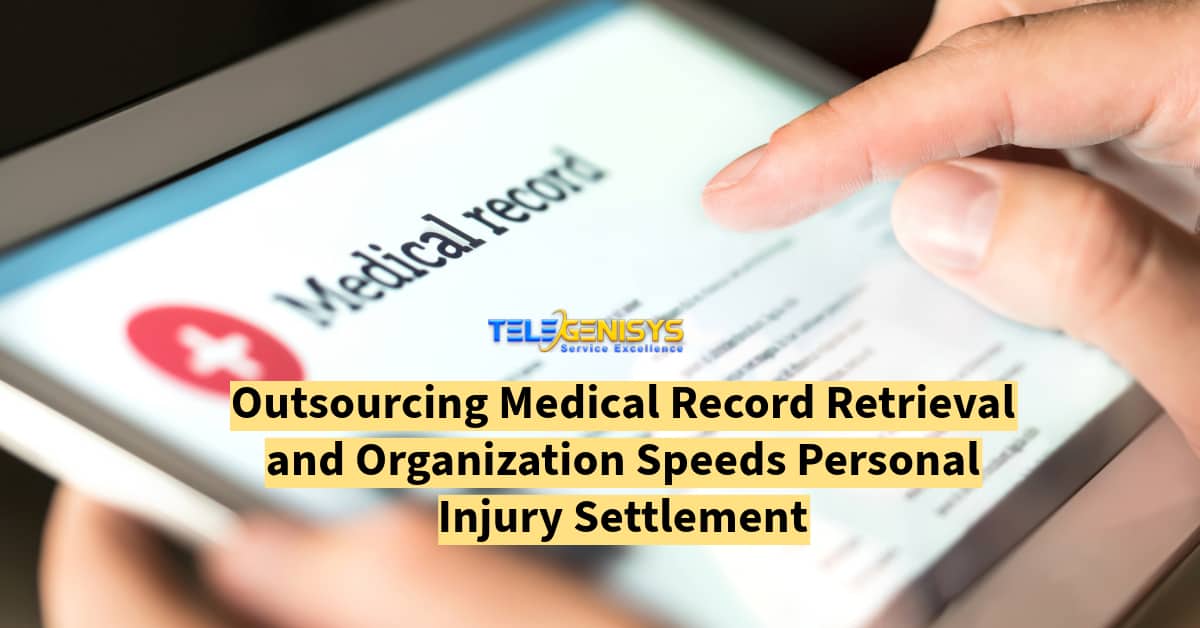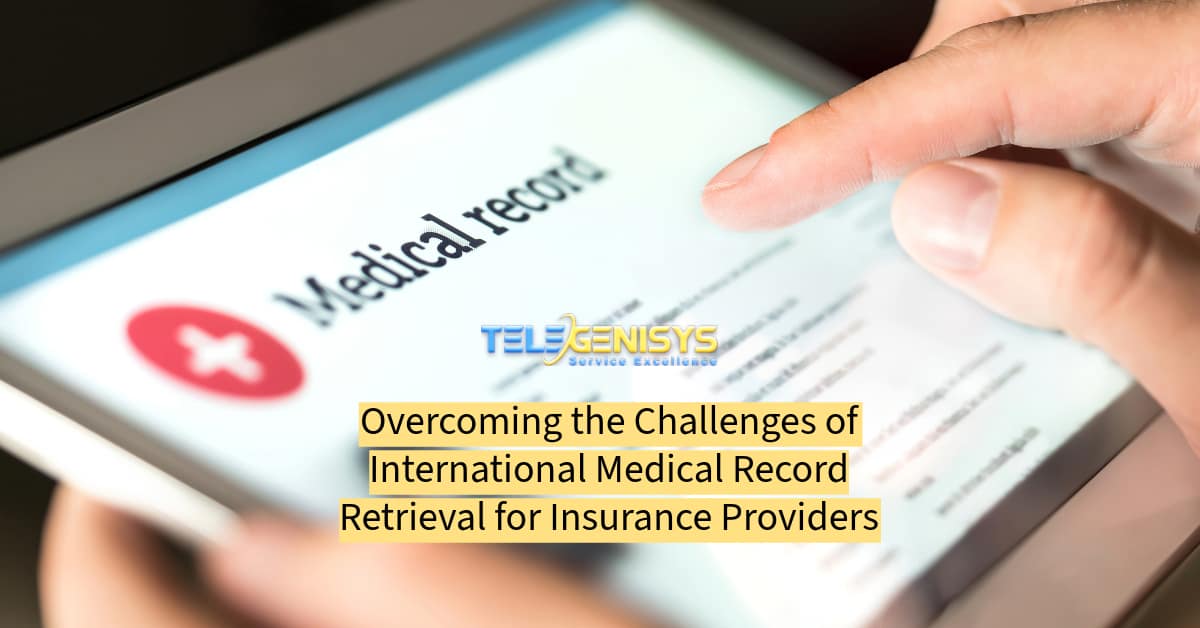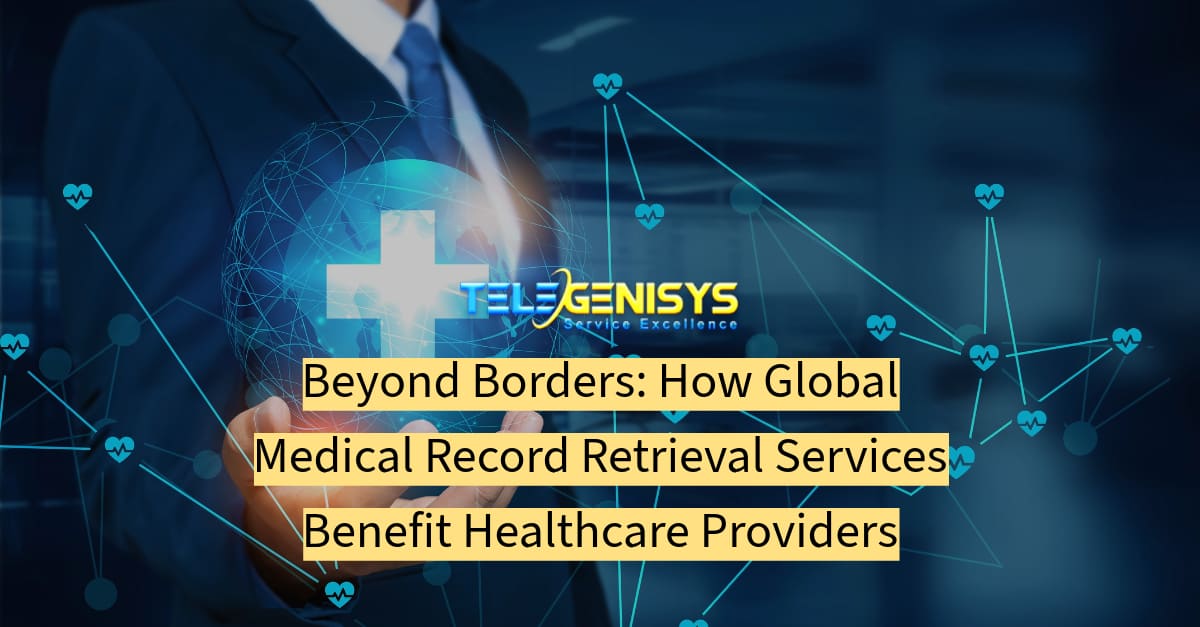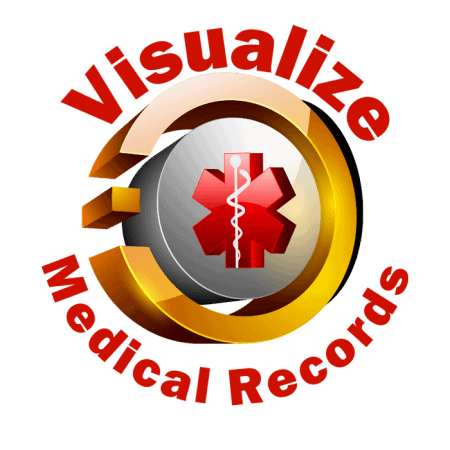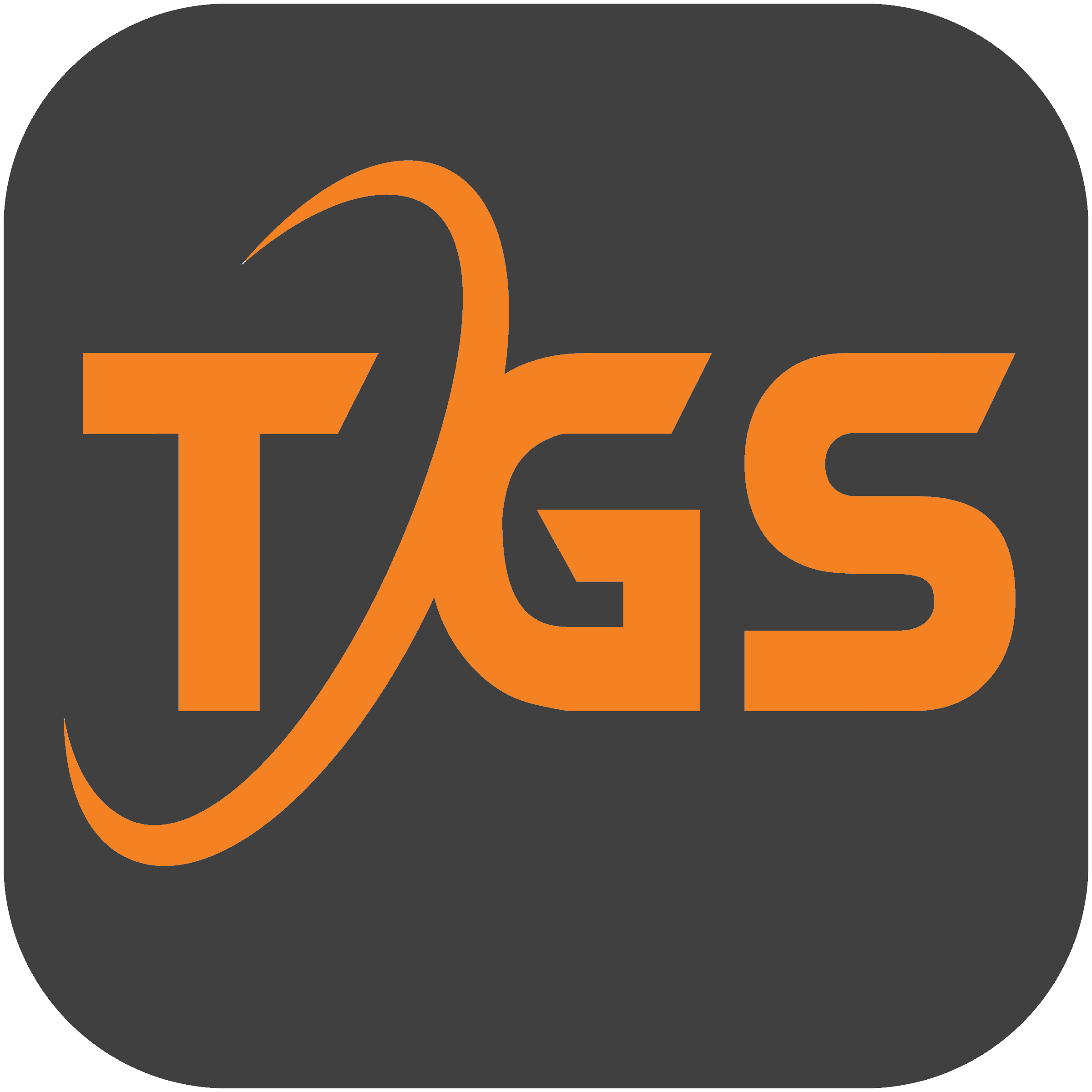Start with the complete records you need, rather than starting over later.
Fairfield, California, USA, July 08, 2021 – Today, Telegenisys Inc. announced a refinement for medical record retrieval that accelerates analysis while reducing errors. By applying client specified sufficiency tests inline with the medical records retrieval process, Telegenisys ensures that pharmaceutical researchers start with the records their study needs, rather than checking each received record by hand before making follow up requests.
Inefficient retrieval of medical records for clinical trials wastes time and money. America invests around two hundred billion dollars a year for medical and health research and development. This could be improved with more efficient record retrieval methods. Telegenisys’ retrieval process enables researchers to retrieve the most relevant information from patient charts over the internet, accelerating analysis while reducing errors.
“Too often a medical records response will return what was asked for, rather than what is needed,” said Telegenisys VPO Henry Cobb. “Our process puts the client requirements first so that their researchers can focus on their studies rather than the details of the medical records retrieval process. Because we work inline we’re able to immediately amend the request whenever we get an incomplete response rather than waiting for all of the requests before determining if the records are complete. The result is faster time to completion while reducing the chance that record gaps might be overlooked.”
“Researchers collecting data for Natural History Studies or Clinical Trials know what data they need,” said Telegenisys CEO Mark Merani. “They often define the test results, specialized lab reports, specific radiology and in some cases developmental reports. Yet most medical records retrieval companies operate based on medical providers and dates of service, often ignoring the specific reports required. Complicating this further is that while tests may be mentioned by doctors providing service, the reports are often available at the labs or other sources of service. After a week or more of waiting for medical records, companies requesting records are often disappointed with what they get.”
Telegenisys implemented general sufficiency testing in their medical records retrieval process almost four years ago. This new service opens the process up to client companies that can now request specific reports, and specify the exact data needed for each study. The Telegenisys staff then starts with the date of service requests while specifically defining what is required at minimum. When a sufficiency test is required, Telegenisys staff reviews the records returned from the provider and ensures that the records are legible and complete then checks for gaps in encounters, data and providers.
The client needs are defined at the start of the study and Telegenisys quality control ensures that the client specified reports are in each record delivery package. Getting it right the first time means the delays in processing study participants are minimized and the research teams are more effective.
When a client is onboarded, the first step is to understand the study, the condition, the purpose, the process, and the requirements. Creating datasets.
This was initiated with natural history studies and clinical trials. The principal investigators needed retrospective data to pinpoint the time when the condition first showed up. What were the signs and symptoms at that time. What diagnostic investigations lead to the final diagnosis. These things are more likely than not done in various different facilities than just one. In order to collect these records requests have to be sent to all the facilities provided by the patient. Now the facilities/providers will give you the records but the films or CDs will have to be requested from Radiology or other imaging facilities. There could be biopsies at hospitals but the histopathology at an external laboratory.
For example for a cancer research study the standard records required would ideally be imaging studies x-rays, CT scan, MRI scan, PET scans. Also one would request biopsy reports, the histopathology reports, tumor marker reports, staging reports, diagnostics, treatments, drug efficacy, possibly attending physician reports. Telegenisys tracks and follows up all the multiple requests seamlessly and there are no missed records.
Sufficiency tests ensure all relevant reports are received. For instance – A pharmaceutical company is looking to identify a new drug for an unmet medical need. They start with a list of medications used by patients who have the disease they are trying to treat. The first step in this process is finding out what medications each patient has been prescribed, and then matching those prescriptions against other information about that patient such as their age, gender, ethnicity, etc. The request would be much easier if the researchers could simply ask Telegenisys’s system “Give me all records where X was prescribed between Y and Z dates.” Unfortunately, there are many different ways of representing these kinds of requests but it is difficult to standardize them across multiple facilities. When you make a mistake in your request it can lead to weeks (or months) wasted chasing down records that were never relevant while missing important ones entirely! By applying client specified sufficiency tests inline with the medical retrieval process we cut down confusions and wild goose chases.
Let Telegenisys handle your retrieval issues and you can concentrate on making a difference in the world with breakthrough treatments.
About Telegenisys
Telegenisys Medical Technologies Group is a division of Telegenisys Inc. a Delaware company with primary offices in Fairfield California. The group operates on two continents with a second office in Pune India. This group has worked with medical records for over 15 years and works on over 2 Million medical record pages per year. The group is composed of a variety of medical personnel and data scientists. The primary purpose of the technology group is to develop simpler ways to understand and measure medical outcomes.
Contact Information:
Mark Merani, CEO
Telegenisys Inc.
(844) 903-0777

 Telegenisys managers host moderated press releases with updates weekly or more often. We hope you will enjoy news streams.
Telegenisys managers host moderated press releases with updates weekly or more often. We hope you will enjoy news streams. 